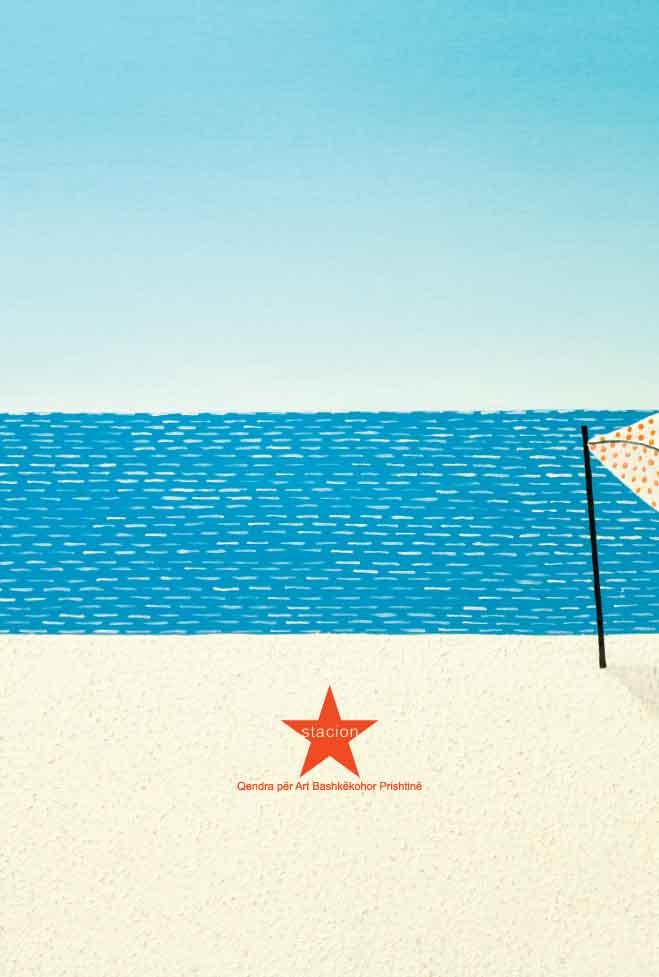
Course 4: Curating as a missing art of rhetoric
July 31 - August 2, 2015
Course leader: Dr Branislav Dimitrijević
Course Description
The mode in which Aristotle considered Rhetoric as one of the “civic arts” seems rather remote from our artistic and political operationalism. For Aristotle rhetoric was “the faculty of observing in any given case the available means of persuasion” but in his articulation of rhetoric as an art he also combines almost incompatible properties of techne and appropriateness to citizens.
In a similar manner Plato was suspicious of poetry he was also suspicious of rhetorics. While it could be used to “improve civic life”, for Plato rhetoric could be used equally easily to deceive or manipulate with negative effects on the city. The masses were incapable of analyzing or deciding anything on their own and would therefore be swayed by the most persuasive speeches.
Therefore both the poetical and the rhetorical had carried a similar “hope” within in them, yet this “hope” had been jeopardized by the inherent deceptiveness of both practices. However, later on, the deceptiveness of the poetic has proven its artistic essence, whereas the deceptiveness of the rhetorical has had primarily political implications. Rhetoric is today no longer considered a form of art.
But what if, at least for the “rhetorical purposes”, we could speculate a possibility that the lost art of rhetorics has been transformed in what we today call curating?
Curating has itself undergone a major transformation since the late 1960s, and this transformation is one of the symptoms of the post-modernist, post-industrial and post-fordist order. With the institutionalization of the curatorial education since the 1990s it seems that curating has nowadays becoming primarily a practice of cultural management. In order to counter this single “purposefulness” we shall discuss all other aspects of curating as a theoretical and rhetorical practice, effectively connected to the notion of discourse-formation as well as techne within the scope of the public field and exchange.